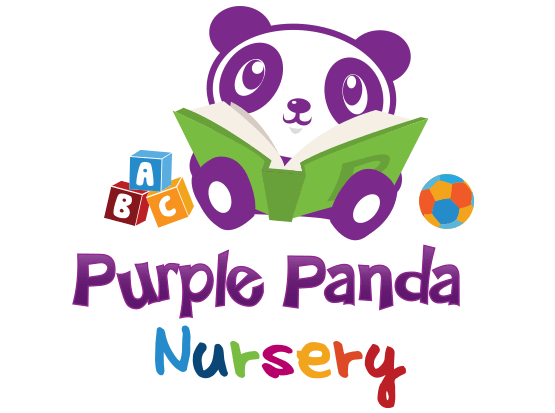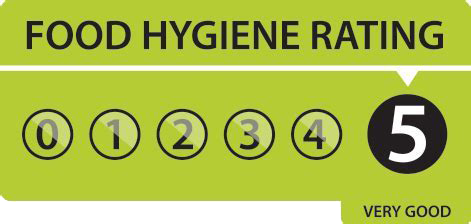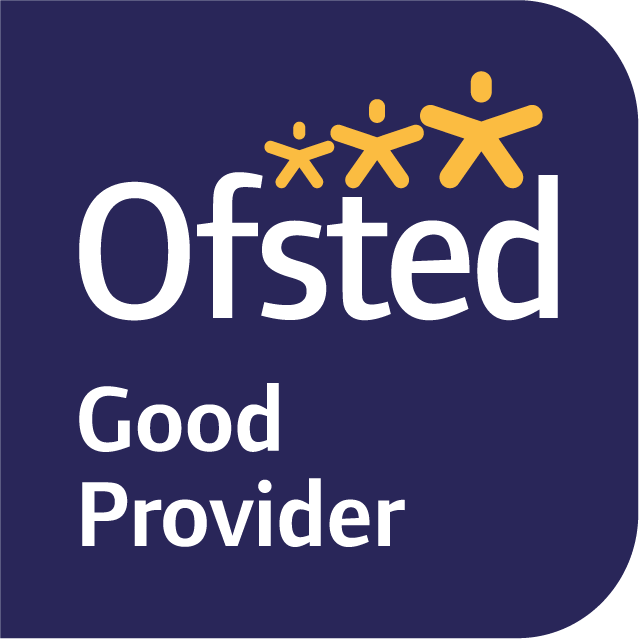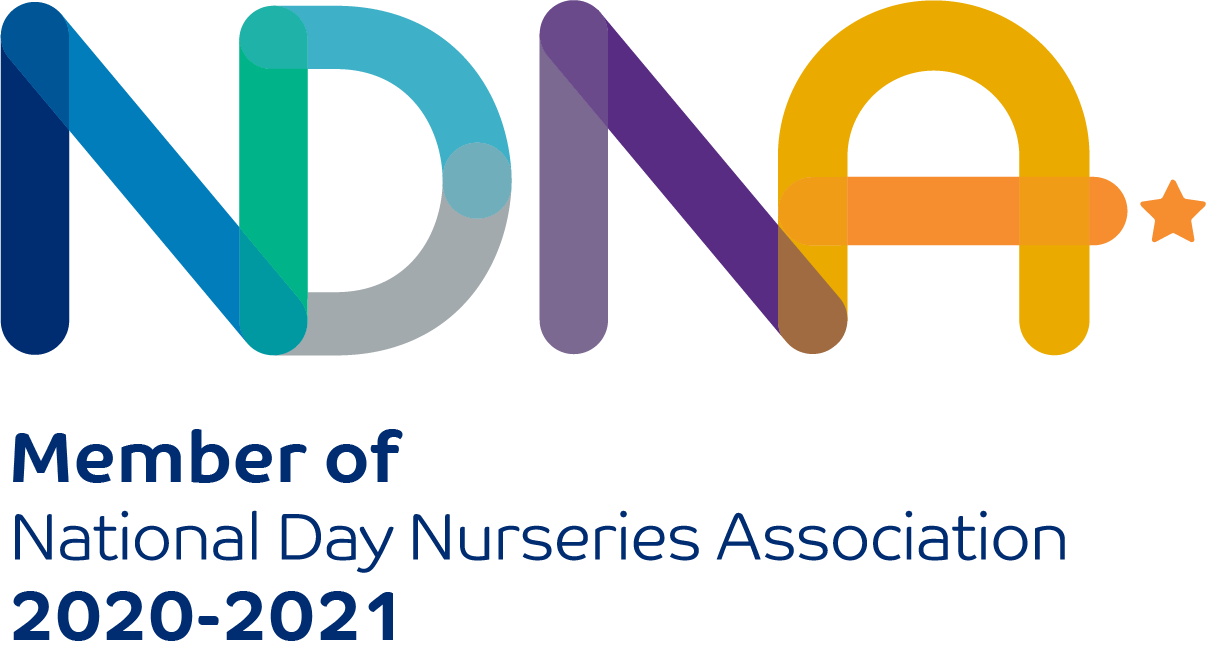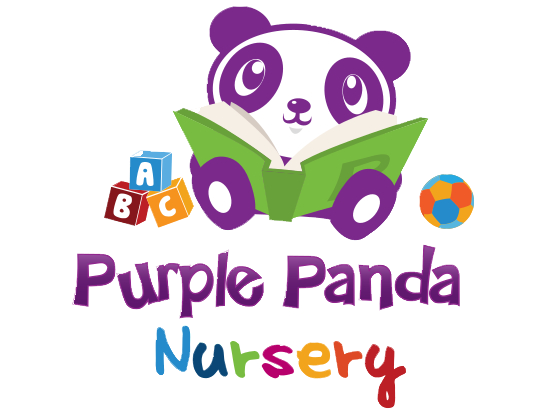CURRICULUM
The Early Years Foundation Stage 2021
What is it?
The Early Years Foundation Stage (EYFS) 2021 is a document for us, as early years providers, to help us support your child’s learning and development from birth to five years old. All early years providers must follow the EYFS 2021.
Who makes sure that registered early years providers are following the EYFS?
All registered early years providers are inspected to make sure they meet the legal requirements of the EYFS. Ofsted carries out these inspections.
How will you keep my child safe?
The EYFS 2021 includes safeguarding and welfare statutory requirements that explain what we must do to keep your child safe. We must regularly update our policies and procedures in line with these requirements. For example:
- We must keep staffing levels which child ratio requirements.
- We must make sure that our staff are suitable.
- We must make sure our premises are secure and the equipment is safe for your child to use.
- We must be accessing training and providing supervision for all staff to make sure that they fully understand their roles and responsibilities.
- We must keep full records of how to keep and give medicines and who is trained to do this.
- We must have strict data protection and a system to protect confidential information.
- We should have a named person for the management of behaviour.
How else does the EYFS support my child?
The EYFS also sets out what we, as an early years provider, must do to make sure that your child learns and develops. It promotes teaching and learning through play to make sure all children have the skills for future life. We must make sure that all staff are fully aware of what they have to do, to make sure your child’s individual needs are met through the EYFS.
Who will make sure my child’s learning and care is tailored to them?
Your child will be assigned a key person when they start at our setting. You will be told the name of the key person and their role. The key person is there to make sure that your child’s learning and care is tailored to meet their individual needs, through discussion with you. They will also support you in giving you ideas on what learning you can do at home with your child.
What will you be doing with my child?
We think carefully about the individual needs, interests and stages of development of each child and how we can best support and encourage each individual child. Through care and play, we support learning in the following seven areas of learning and development:
Personal, Social and Emotional Development:
- Self-Regulation
- Managing Self
- Building Relationships
Physical Development:
- Gross Motor Skills
- Fine Motor Skills
Literacy:
- Comprehension
- Word Reading
- Writing
Mathematics:
- Number
- Numerical Patterns
Understanding the World:
- Past and Present
- People, Culture and Communities
- The Natural World
Expressive Arts and Design:
- Creating with Materials
- Being Imaginative and Expressive
Play is essential for children’s development, building their confidence as they learn to explore, relate to others, set their own goals and solve problems. Children learn by leading their own play, and by taking part in play which is guided by adults.
Each of the Areas of Learning and Development affect each other. For example, developing communication and language will support children to understand and explain mathematical ideas. Developing physical skills will allow children to be more active explorers and so enhance their progress in Understanding the World. The more concepts they develop within Understanding the World, the more they will be able to relate to what they find in books and so support their development in Literacy. Experiences and activities that relate to the Areas of Learning and Development, when they offer children opportunities to have autonomy and develop their own ideas, can also provide the contexts for children to practise their learning behaviours.
Please click on the links below for more information.
How will you check my child is developing in line with the EYFS requirements?
Your child’s key person will discuss your child’s development and interests with you to make sure they are progressing well with us and at home. This will support them, and you, to plan a challenging environment and play based activities to progress your child’s learning. This will happen on a regular basis. There are two required progress checks, which take place during EYFS. The first is when your child is between two and three years old and the second in the final term of the year in which your child reaches the age of five.
What if I’m worried about my child’s development?
If you’re worried about your child’s progress, talk to your child’s key person and together you can agree how best to support your child. If your child’s home language is not English, we will give them opportunities to develop and use their home language in play and learning to support their language development at home. We will also make sure your child has enough opportunities to learn and reach a good standard in English language during the EYFS.
How can I find out more?
Talk to your child’s key person who will be happy to answer any questions you have. You can also view a copy of the Statutory and non-statutory Framework for the Early Years Foundation Stage 2021 on the Department for Education website here.
